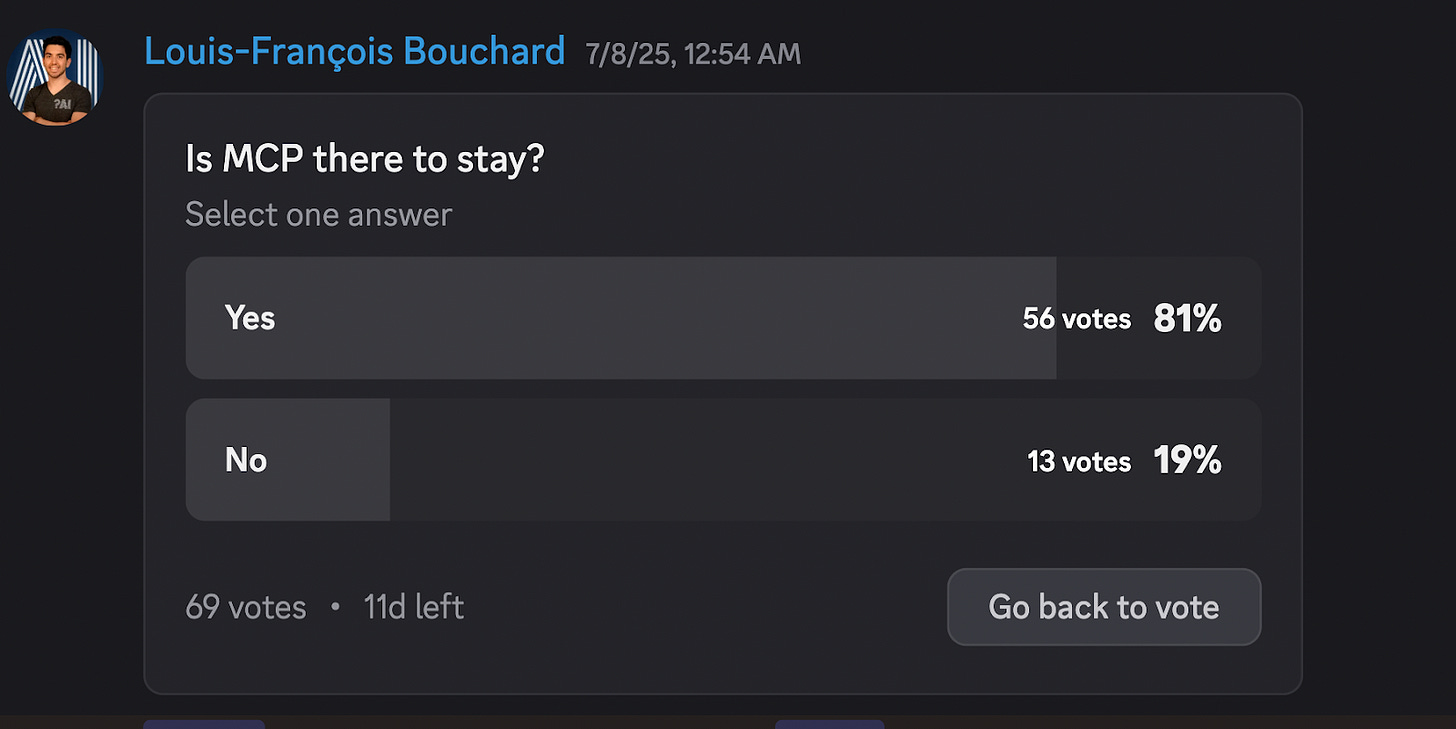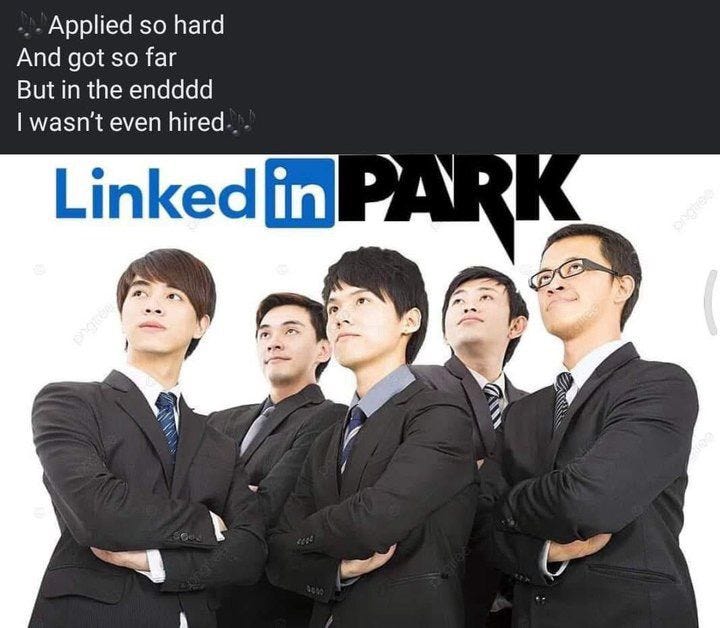LAI #83: Corrective RAG, Real-Time PPO, Adaptive Retrieval, and LLM Scaling Paths
Free access to our course lessons, smarter routing strategies, self-healing AI pipelines, and tools built for real-world reliability.
Good morning, AI enthusiasts,
This week’s issue is all about building AI systems that can recover. Whether it’s a query that needs re-routing, a retrieval step that missed the mark, or a policy model that overreacts to change, this issue is packed with techniques that keep things stable and smart.
In What’s AI, we share the second free lesson from our 10-hour LLM Primer: a 2-hour walkthrough on how companies can overcome LLM limitations through techniques like RAG, fine-tuning, and, globally, better context engineering. We go over the typical pipeline a company takes from a simple prompt up to the most advanced system in place, helping you know what to test and in what order. We also dive into:
How Corrective RAG rewrites bad queries and re-searches for better docs
How PPO adapts real-time pricing models in volatile environments
How Adaptive RAG routes are based on complexity, and built with feedback loops
And how to build LLM-powered financial doc retrieval using Gemini + LlamaIndex
Add in a legal AI assistant from the community, new collab threads, and this week’s poll on what comes next for MCP — and you’ve got a well-rounded, engineering-focused issue.
Let’s get into it.
What’s AI Weekly
This week, in What’s AI, I have shared the second free lesson from our 10-hour LLM Video Primer course. In 2 hours, I will discuss how to overcome the limitations of LLMs and harness their power through techniques such as RAG, fine-tuning, structured outputs, and more, following the typical path a company should take to achieve this. If you don’t have 2 hours to spare… read the 10 key takeaways from this session here or watch the complete session on YouTube.
— Louis-François Bouchard, Towards AI Co-founder & Head of Community
Learn AI Together Community Section!
Featured Community post from the Discord
Phantom_80757 has built an AI document assistant. This will be particularly useful for law firms and includes features such as a centralized legal document repository, context-aware legal review, AI-powered document generation, smart template completion, and case-based reasoning. Check it out here and support a fellow community member. If you have any questions or feedback, share them in the thread!
AI poll of the week!
81% say MCP is here to stay, and honestly, that makes sense. If AI is going to move from demo to deployment, from chatbots to agents, something like MCP is almost inevitable.
If you’re betting on MCP (or something like it), what do you want to see it support next: tools, workflows, or security layers? And if you’re skeptical, what’s missing? Share in the thread!
Collaboration Opportunities
The Learn AI Together Discord community is flooded with collaboration opportunities. If you are excited to dive into applied AI, want a study partner, or even want to find a partner for your passion project, join the collaboration channel! Keep an eye on this section, too — we share cool opportunities every week!
1. gabrielayo is looking for a collaborator with outlier experience. Reach out in the thread to know more about the project.
2. Quixy8330 is launching a small team to develop and sell AI automation systems (such as n8n, GPT, and chatbots) to local businesses. If you want to learn and build in this space, connect with him in the thread!
3. Franciszz is building a community of n8n automation devs and is looking for automation engineers who have built useful workflows to be part of our early access group. Find more details in the thread!
Meme of the week!
Meme shared by fumoanalyzer
TAI Curated section
Article of the week
Proximal Policy Optimization in Action: Real-Time Pricing with Trust-Region Learning By Shenggang Li
This article examines the application of Proximal Policy Optimization (PPO) for dynamic, real-time pricing. It explains how PPO uses a clipped surrogate objective to maintain learning stability, preventing the volatile policy shifts common in standard Actor-Critic methods. It presents a practical case study in which PPO is used to set delivery surcharges based on historical data, factoring in demand, supply, and weather conditions. The results demonstrate that PPO produces a balanced and adaptive pricing strategy, in contrast to a standard Actor-Critic model, which adopted a rigid, high-risk approach.
Our must-read articles
1. Corrective RAG: How to Build Self-Correcting Retrieval-Augmented Generation By Sai Bhargav Rallapalli
This blog presents Corrective RAG (CRAG), a method for improving traditional Retrieval-Augmented Generation. CRAG integrates a self-correction mechanism that evaluates the relevance of retrieved documents. If documents are inadequate, the system can rewrite the query and perform a web search for better context before generating a response. It provides a technical walkthrough for building a CRAG pipeline using LangChain and LangGraph, with code for each stage of the process.
2. Building a Financial Report Retrieval System with LlamaIndex and Gemini 2.0 By Adi Insights and Innovations
A step-by-step guide was presented for building a Retrieval-Augmented Generation (RAG) system for financial documents. The author uses LlamaIndex to process and index a corporate financial report, storing the data in a ChromaDB vector database. The system then leverages LLMs, including Gemini 2.0, to power a query engine that accurately answers user questions. It also introduces a routing method that dynamically selects between a vector search tool for specific queries and a summarization tool for broader ones.
3. Adaptive RAG: The Smart, Self-Correcting Framework for Complex AI Queries By Sai Bhargav Rallapalli
To enhance the way AI systems respond to questions, this article outlines an Adaptive Retrieval-Augmented Generation (RAG) framework. This approach utilizes an intelligent routing system to analyze query complexity and select the most suitable data source. It enhances reliability with a feedback loop that grades retrieved documents, checks for hallucinations, and rewrites queries if the initial results are insufficient. It provides a comprehensive walkthrough, demonstrating how to build this system using code with LangChain and LangGraph.
If you want to publish with Towards AI, check our guidelines and sign up. We will publish your work to our network if it meets our editorial policies and standards.









